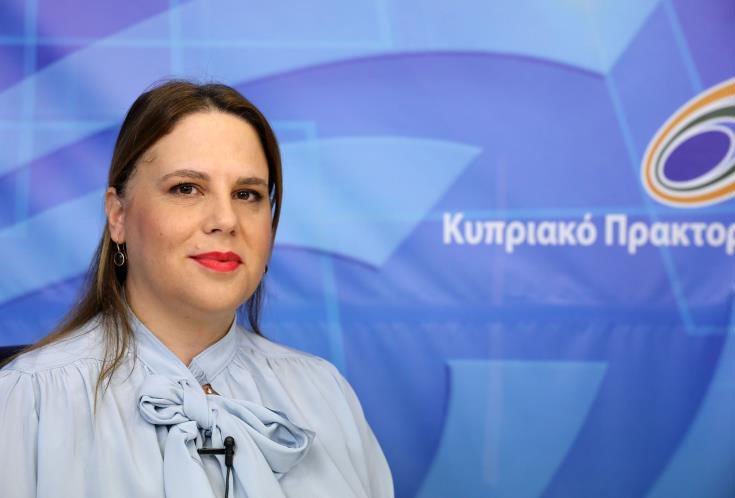More than one third of women from Cyprus who took part in a European survey said they had experienced physical violence, sexual violence or the threat of it during their lifetime, Commissioner for the Protection of Human Rights Maria Stylianou Lottides said on Monday.
She said the actual number stood at 36.1 per cent as the survey showed that in Cyprus gender-based violence continues to have high rates.
In her statement on the occasion of the International Day for the Elimination of Violence against Women, Lottides also refers to the provisions of the new EU directive on combating violence against women and intimate violence, which should be incorporated into the domestic legal order of states by June 2027.
She said her office would “closely monitor and evaluate the actions taken by the Cyprus state to comply effectively and in practice with the obligations arising from the directive”.
She said a legislative framework has been drawn up in Cyprus which criminalises all forms of gender-based violence since the island signed the Istanbul Convention, a Council of Europe Convention on preventing and combating violence against women and domestic violence.
“Despite the above legislative framework, the survey on violence against women published today and conducted jointly by Eurostat, FRA and the EU Agency for Gender Equality (EIGE) for all European Union countries showed that in Cyprus gender-based violence continues to have high rates,” she said.
The survey, conducted among women aged between 18 and 74, also showed that in Cyprus, 30 per cent suffered physical and sexual violence by a partner, while physical and sexual violence or threat from a third person from the age of 15 years was at 14.6 per cent.
“Sexual harassment in the workplace throughout their lives is 39.9 per cent,” Lottides added.
The research, she added, “confirms that existing provisions at EU and national level have proven insufficient to effectively combat and prevent violence against women”.
The legislative act, Directive (EU) 2024/1385, combats violence against women and intimate violence, and aims to establish measures for their support.
It also includes specific reference to cyberviolence, which the directive says is suffered by an estimated 50 per cent of young women.
“The institution I represent, will closely monitor and evaluate the actions taken by the Cypriot state to comply with the obligations arising from the Directive, and will continue to contribute constructively in any way necessary to the fight to eliminate violence against women and to combat gender discrimination and inequalities,” she concluded.






Click here to change your cookie preferences